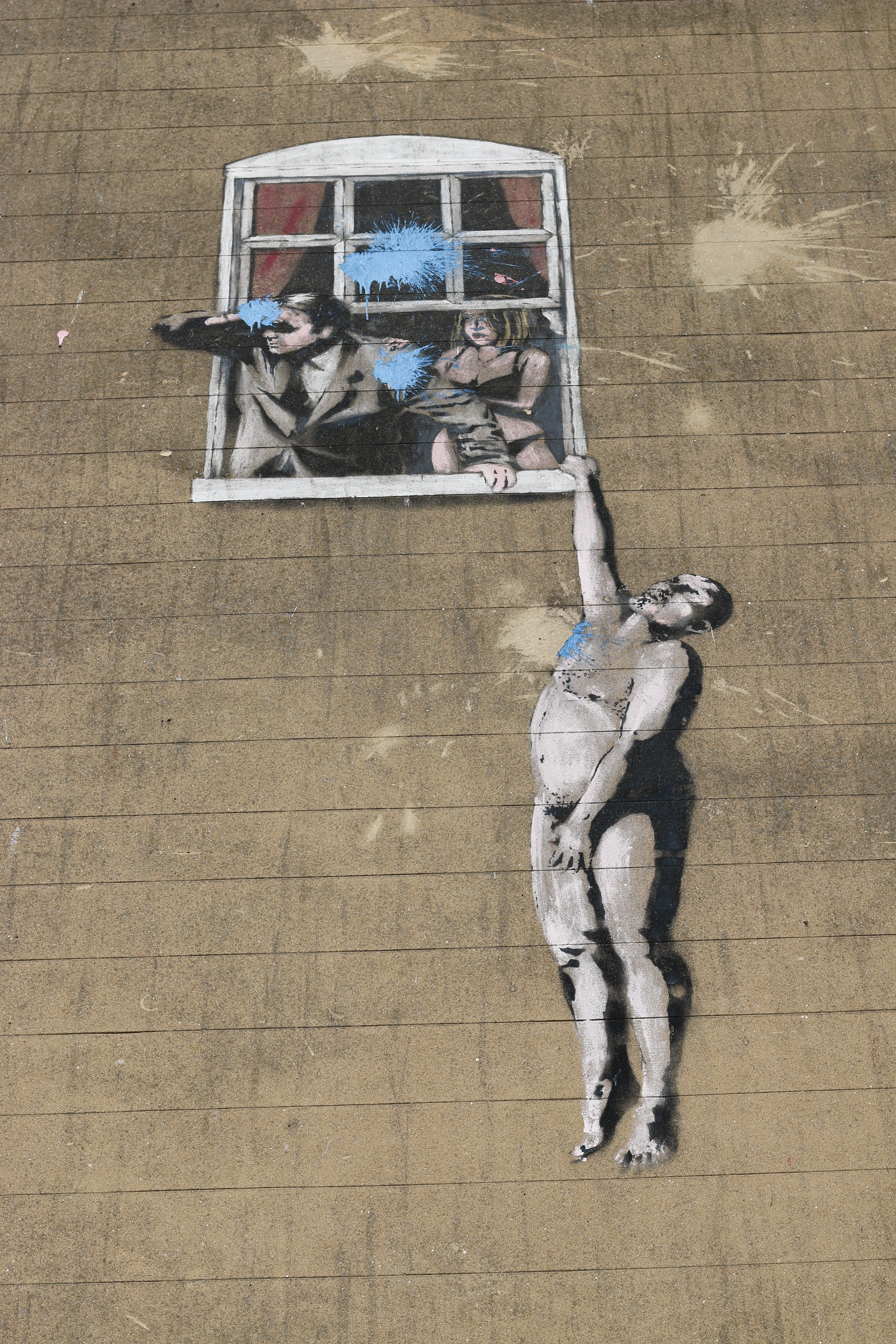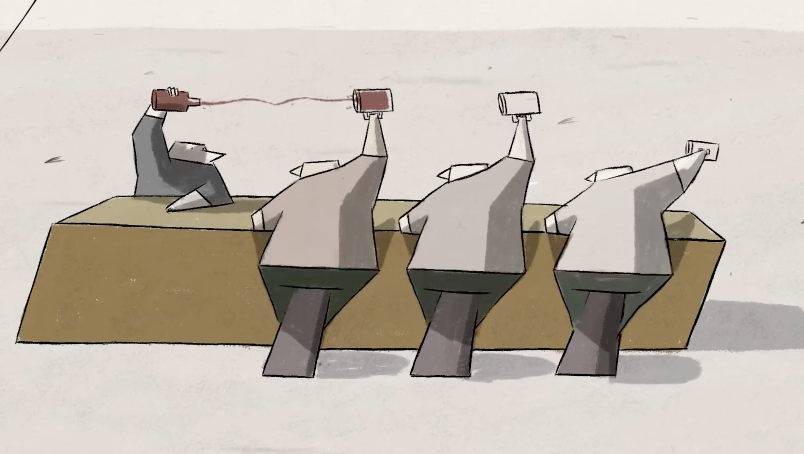
It ain’t what you do it’s the way that you do it…
How often is it that we design a strategy, or propose a policy, that we know is good, valuable and what our organisation needs? We work hard to persuade others, convince them that this is

How often is it that we design a strategy, or propose a policy, that we know is good, valuable and what our organisation needs? We work hard to persuade others, convince them that this is

I am in a bubble where time and the wider world have gone and all that matters is the synthesis of a body, a boat and a paddle. The bubble pops as I touch the

Since Descartes we have tried to understand the world by dividing it into its constituent parts. By breaking things down into their basic building blocks we have sought to gain a deeper understanding of how

The NHS is alive but rather unwell. Much great work is being done and we remain the envy of many. And also we are locked in a cycle of increasing pressure. To keep the NHS


Fail fast fail often is the official new manta of change. We encourage failure whilst at the same time the organisational consequences are heavy. No wonder the hidden mantra is 'play it safe' or

In our normal lives these rules may be quite evident or quite deeply hidden, even unconscious. What are the rules that allow us to weave our way along a crowded rush-hour pavement without repeated collisions

Wherever you go, whatever culture you're in, some things remain the same. Thinking about culture, group dynamics and leadership.

Viktor Frankl speaks about how to help people, including ourselves, reach the potential of our lives. That's not about material wealth, or career success, it is in fact about the need for purpose and meaning.

In the art of formulating the question together we begin our process of change. There are few things as potent as a damn good question.

Great places have soul. They aren't simply about great architecture, great infrastructure or great locations. There is a life to great places, a vibrancy built on the relationship between the people who live, work and


A wonderful article from Donella Meadows drawing on Jay Forrester pointing out the places to intervene in a system that have most leverage. Almost invariably you find they are intuitively known yet somehow being used

11 handy laws for system thinkers, these act as useful prompts when considering social problems. Most problems have their antecedents in the unintended consequence of previous efforts for change. How do you avoid falling into

Introduced by John Atkinson. We often speak about the symbiotic nature of living systems, how a living thing is defined by its environment and in turn also defines that environment. This is illustrated beautifully in